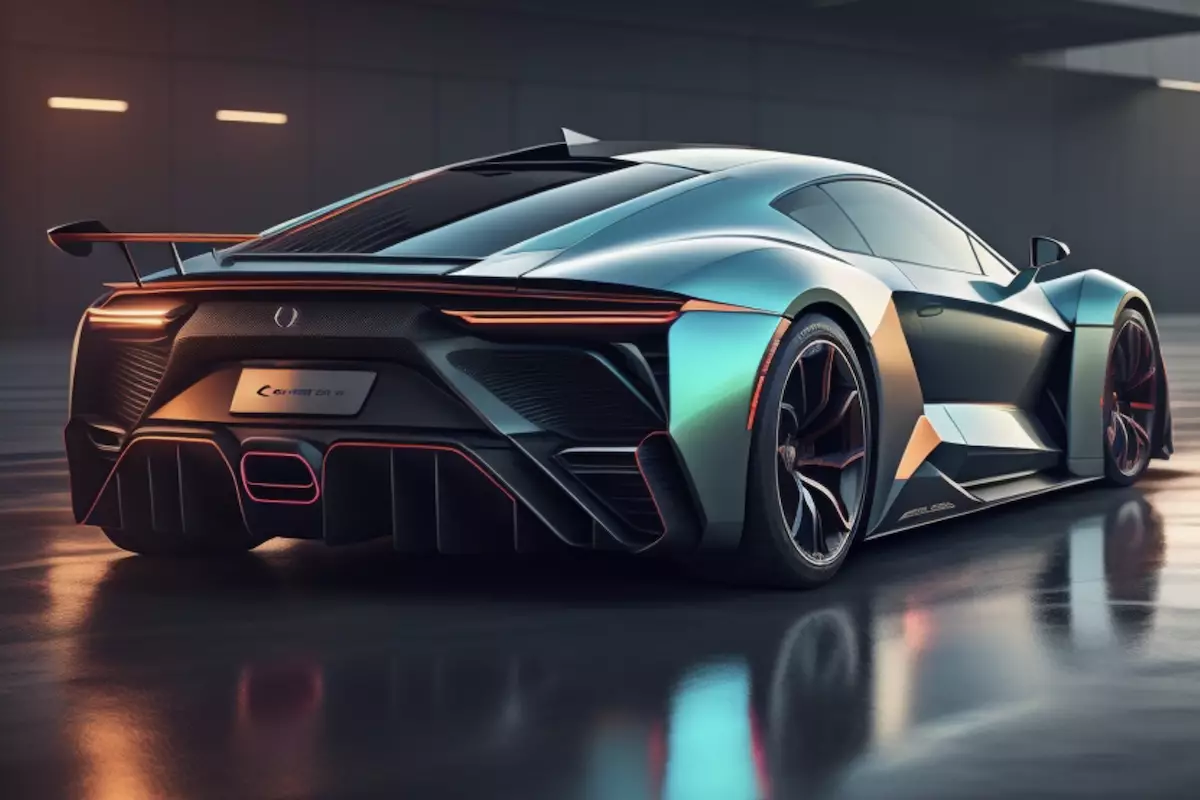The automobile industry stands at the crossroads of technological transformation, and one of the most innovative developments shaping its future is car tokenization. This novel approach leverages blockchain technology to fragment vehicle ownership into digital tokens, ultimately allowing multiple individuals to invest in and own shares of a vehicle. This method not only reinvents the traditional notions of car ownership but also makes luxury and collectible vehicles accessible to a broader audience.
At its core, car tokenization allows cars—be they high-performance sports cars like Ferraris or vintage classics—to be transformed into quantifiable digital assets. Each token symbolizes a share in the vehicle’s ownership and is securely recorded on a blockchain. This process challenges conventional financial boundaries, inviting more investors to partake in the luxury car market without needing the significant capital often required for full ownership.
Benefits of Car Tokenization
The appeal of car tokenization lies in its multifaceted benefits. First and foremost is **fractional ownership**. Traditionally, a single investor would hold full ownership of an expensive vehicle. Now, this paradigm is shifting; an array of investors can collectively own a car, spreading the financial burden and diversifying their investment portfolio.
Additionally, car tokenization enhances **liquidity in the market**. Unlike traditional vehicles, which often require significant time and effort to sell or trade, digital tokens streamline the process, making it relatively easy to buy or sell fractions of ownership. This democratizes access to high-value assets by establishing a dynamic marketplace for tokenized vehicles.
**Cost sharing** presents another significant advantage. Maintaining a luxury vehicle can be expensive, with costs for insurance, maintenance, and storage quickly accruing. Through tokenization, these expenses can be collectively shared among multiple token holders, integrating financial collaboration in vehicle ownership.
Moreover, car tokenization opens pathways to **diverse investment opportunities**. As a new asset class, tokenized vehicles allow investors to engage with tangible assets that may appreciate over time, thus creating a compelling avenue for financial growth and accumulation of wealth.
To embark on car tokenization, the initial step involves selecting the vehicle designated for this process. Options could range from cutting-edge electric cars to historical classics. The corresponding digital tokens representing shares of the chosen car are then minted and logged on the blockchain, ensuring both security and transparency in ownership records.
The transactions and ownership transfers facilitated through this method utilize **smart contracts**—automated agreements recorded on the blockchain that enforce transaction terms. This automation not only streamlines the processes involved in buying and selling shares but also reduces the risk of fraud and dispute among participants.
A real-world application can be observed in a recent collaboration between a cryptocurrency banking entity, Renegade, and Mulsano, a premium car dealership in Germany. This partnership exemplifies car tokenization, offering investors opportunities to purchase affordable shares of luxury cars starting as low as $100. Their unique system allows investors to utilize various payment methods while ensuring that the cars maintain visibility in Mulsano’s showroom.
Despite its potential, car tokenization is not without obstacles. **Regulatory uncertainty** poses a substantial barrier, as many countries still lack clear guidelines governing digital assets and blockchain technology. This ambiguity may deter potential investors and complicate business operations for companies delving into this burgeoning industry.
Furthermore, **education and awareness** present additional hurdles. The concept of car tokenization is relatively nascent, and many individuals remain unfamiliar with how it functions or the associated risks. Gaining a comprehensive understanding of blockchain technology and digital tokens is crucial for widespread adoption.
As car tokenization’s visibility increases, it may significantly alter how we perceive vehicle ownership and investment. With blockchain technology gradually entering the mainstream and evolving regulatory frameworks, more firms could explore car tokenization as a means to facilitate fractional ownership.
While it may not supplant traditional vehicle ownership methods altogether, car tokenization offers an attractive alternative for a new generation of investors. The flexibility and innovative spirit of tokenization align with modern financial trends, creating an engaging avenue for automotive enthusiasts and potential investors alike.
Car tokenization is in its infancy but carries the potential to reshape the landscape of vehicle investment significantly. By providing ownership opportunities for high-value cars through digital tokens, this approach sets the stage for a more inclusive and democratized automotive investment sphere. The future indeed looks bright for this promising intersection of technology and luxury car ownership.


Leave a Reply